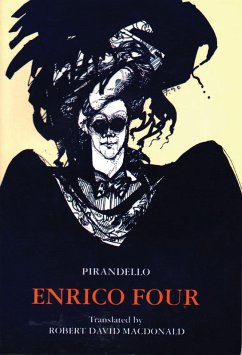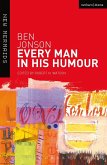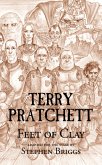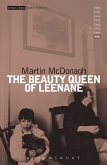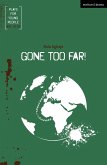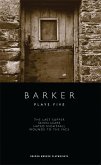Premiered in this translation by the Citizens Theatre Company, Glasgow. In Enrico Four a man believes he isHenry IV, Holy Roman Emperor. But is he?
Pirandello's study of perceptions has become a twentieth-century classic which invites us to consider our personal madness in offering a different face to everyone we meet.
Pirandello's study of perceptions has become a twentieth-century classic which invites us to consider our personal madness in offering a different face to everyone we meet.

